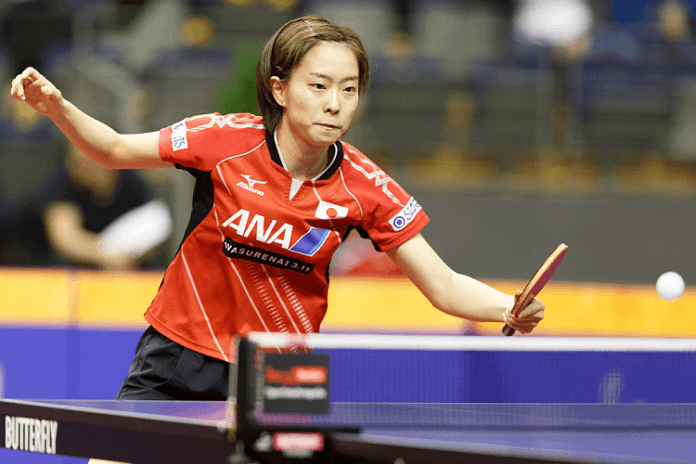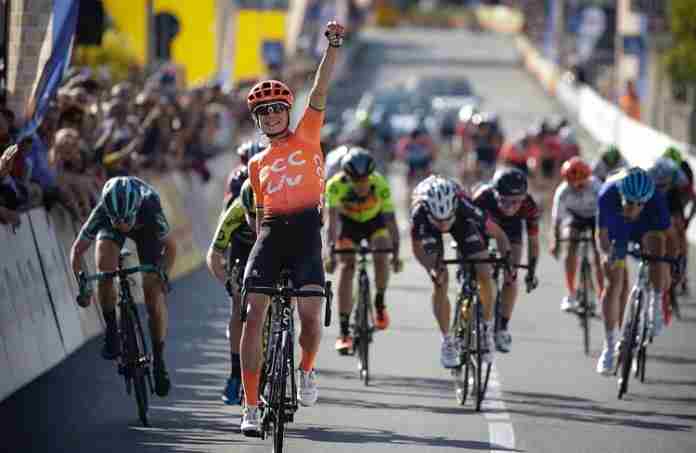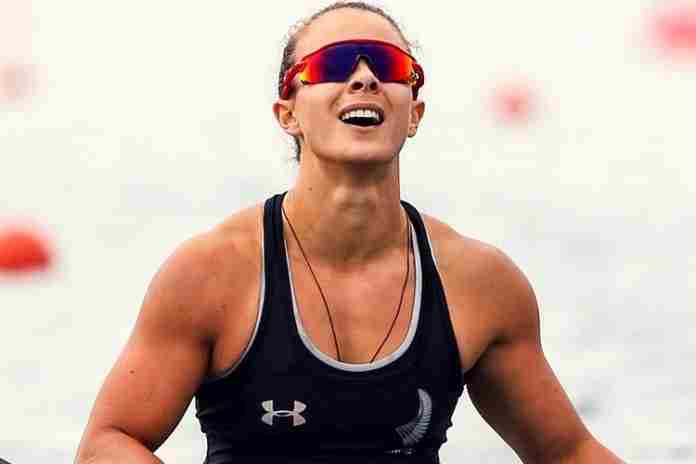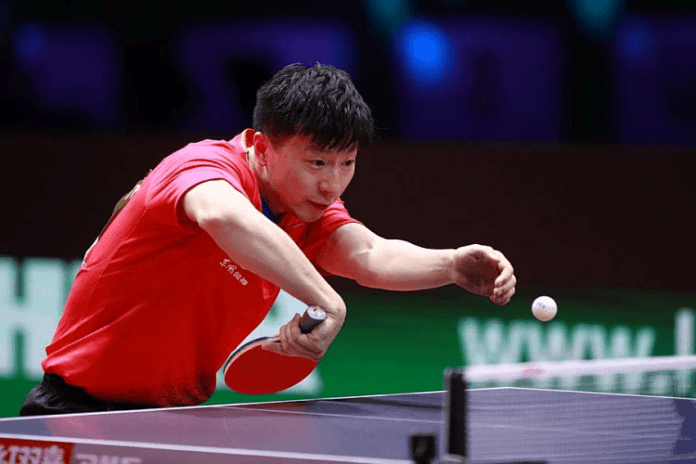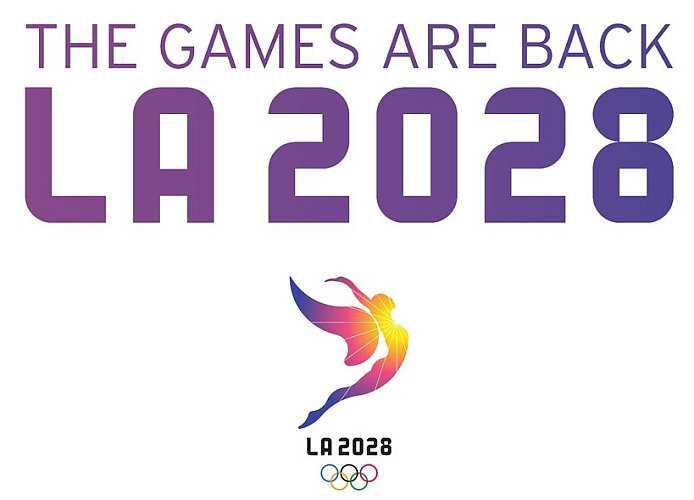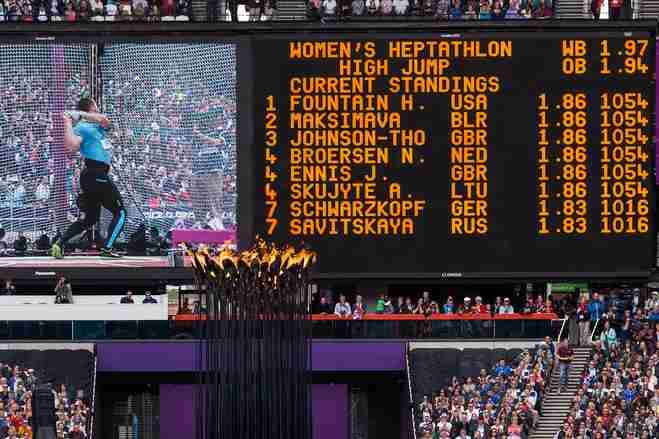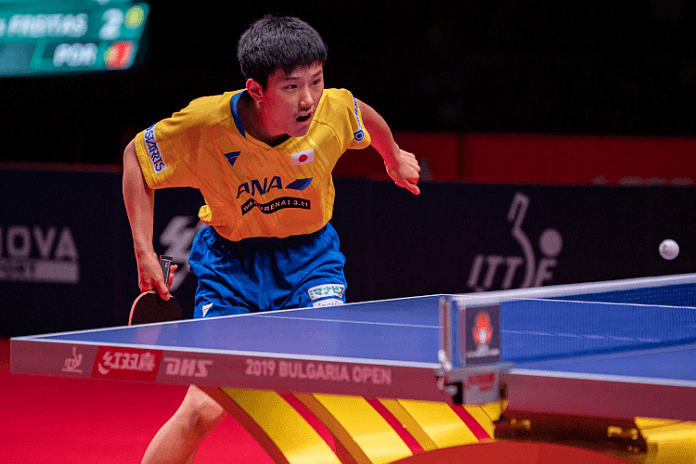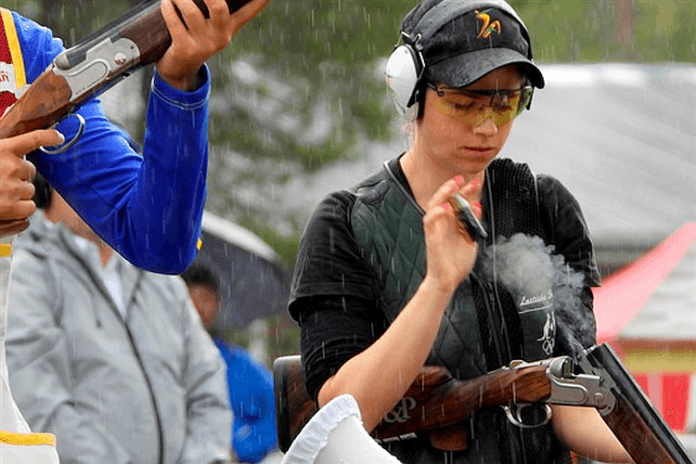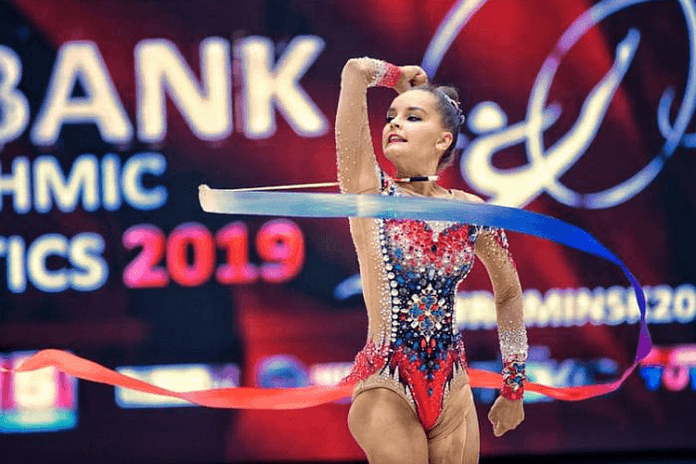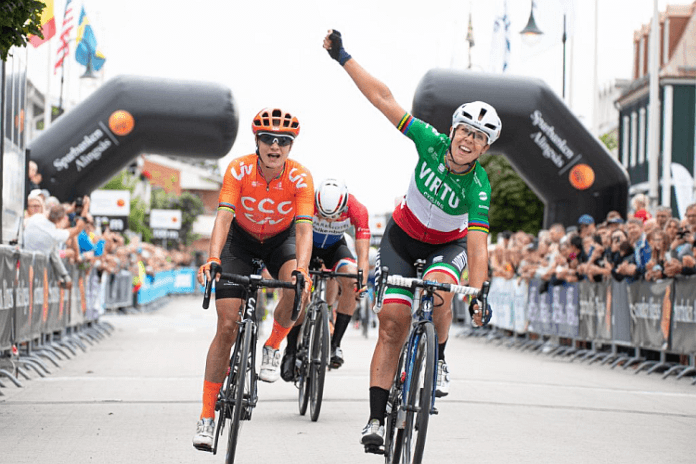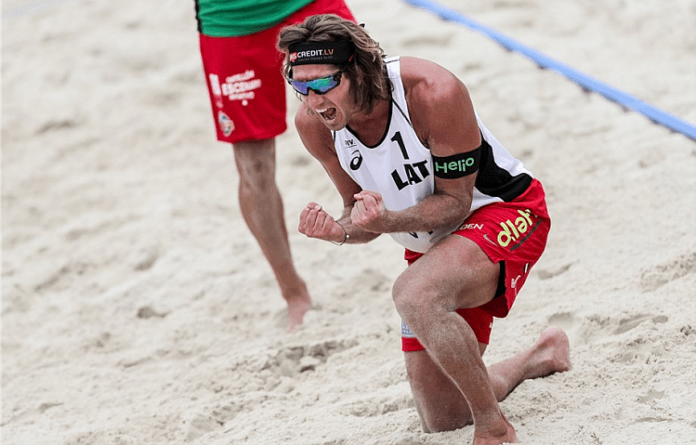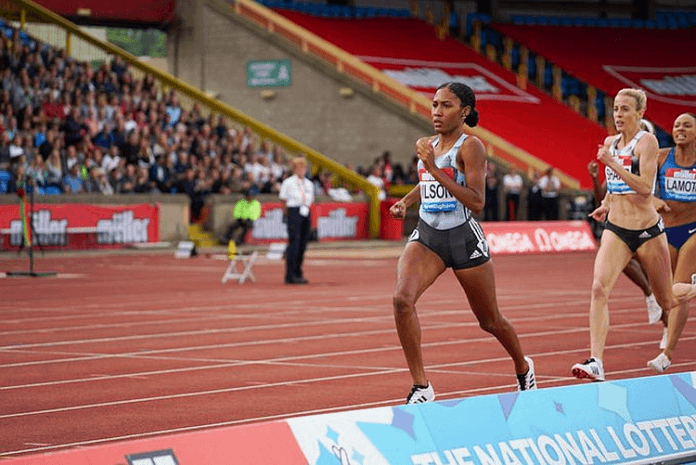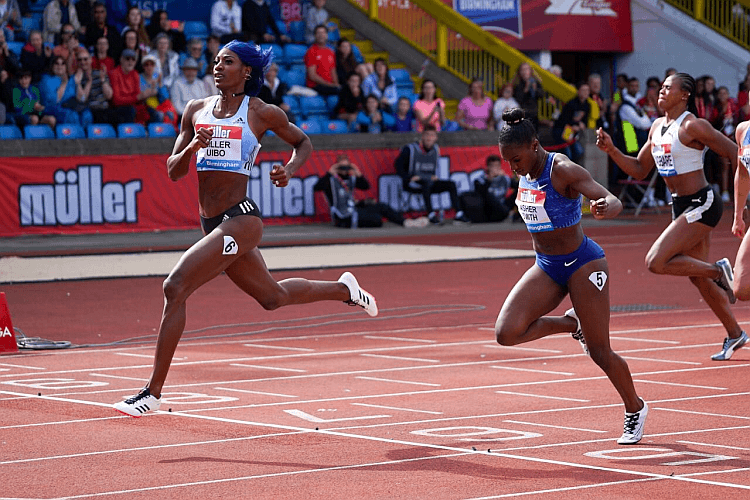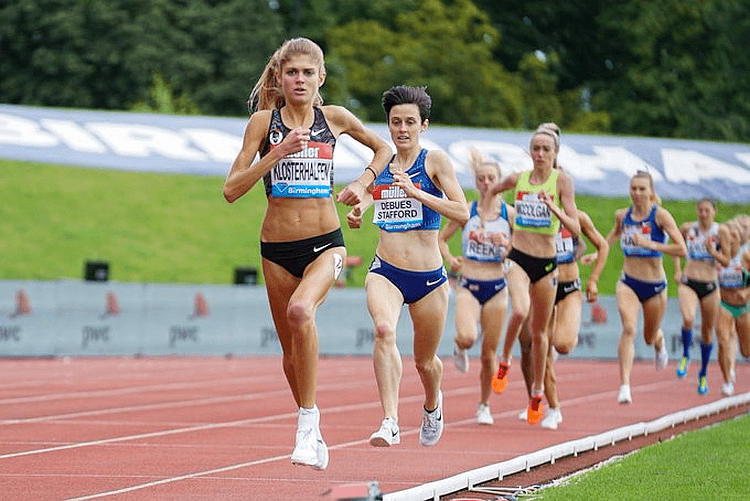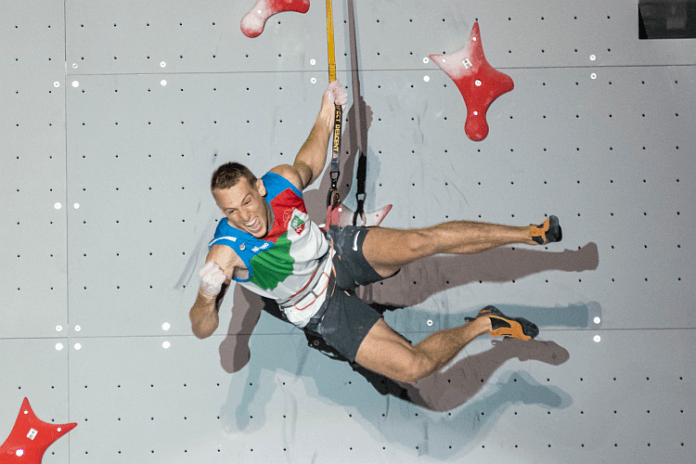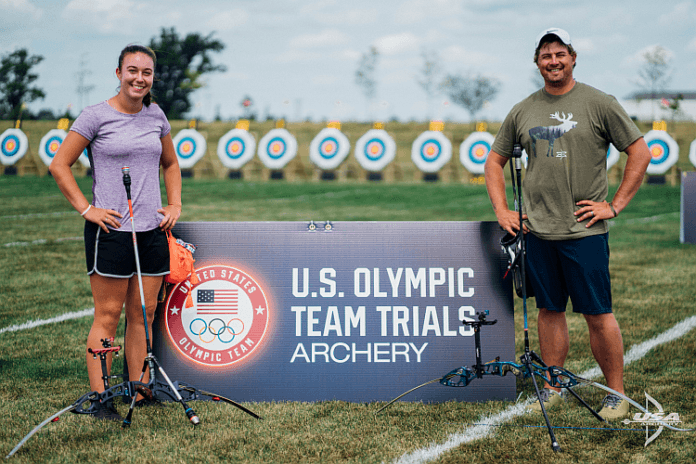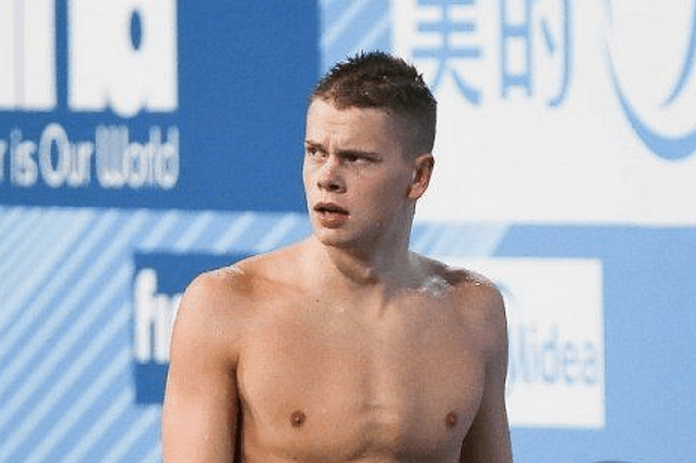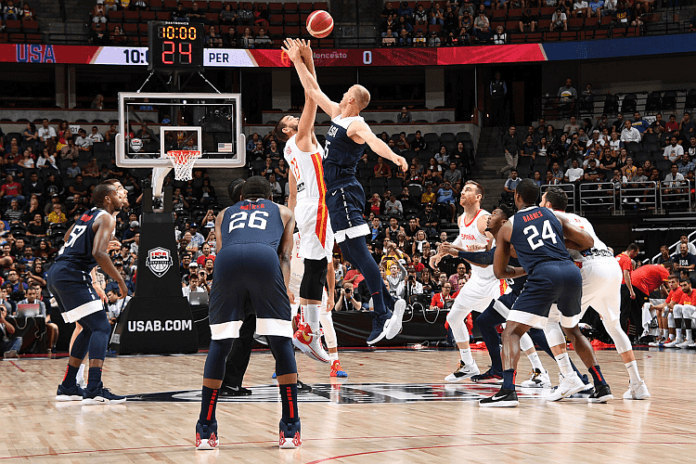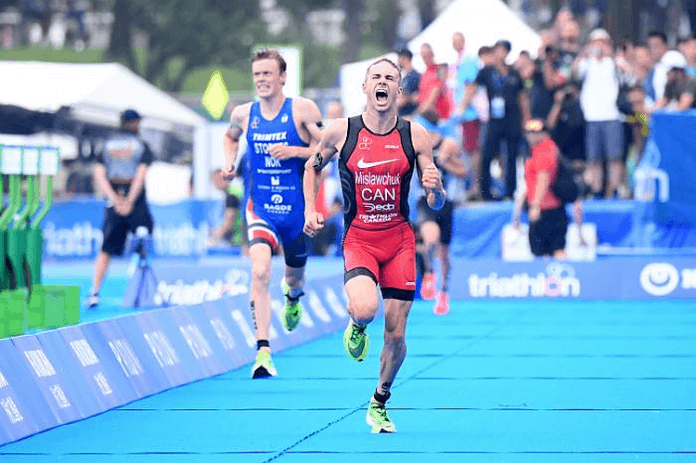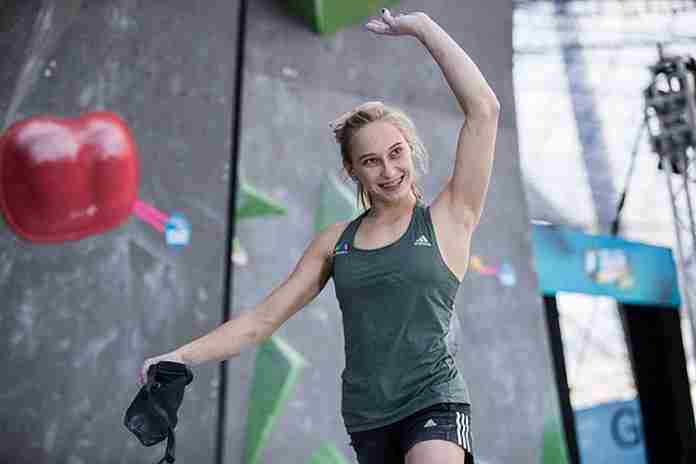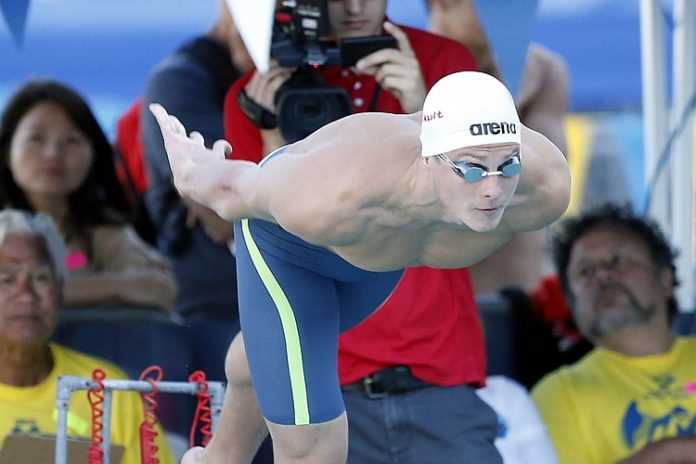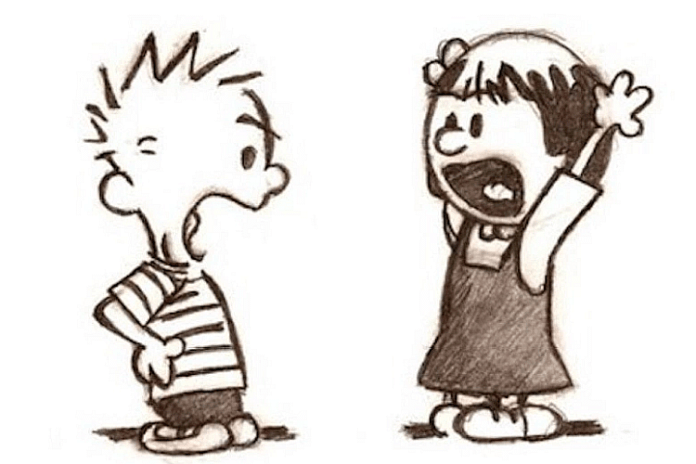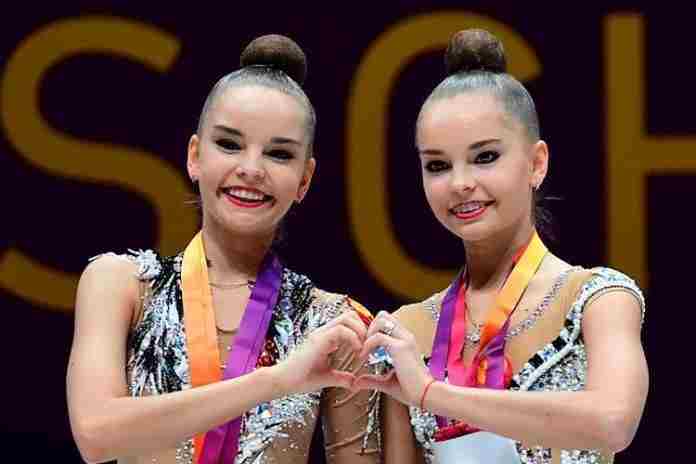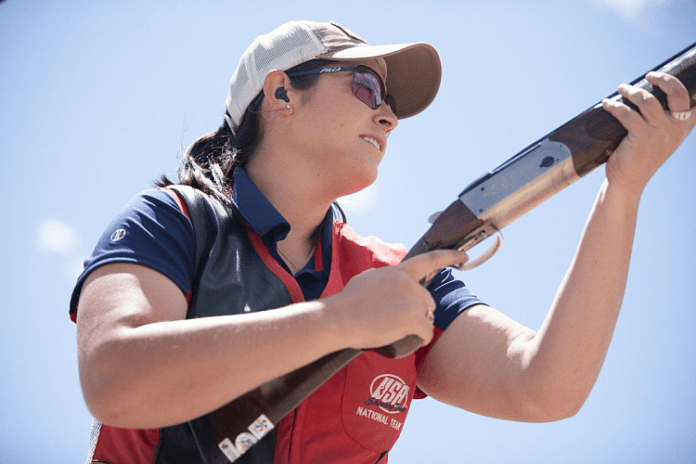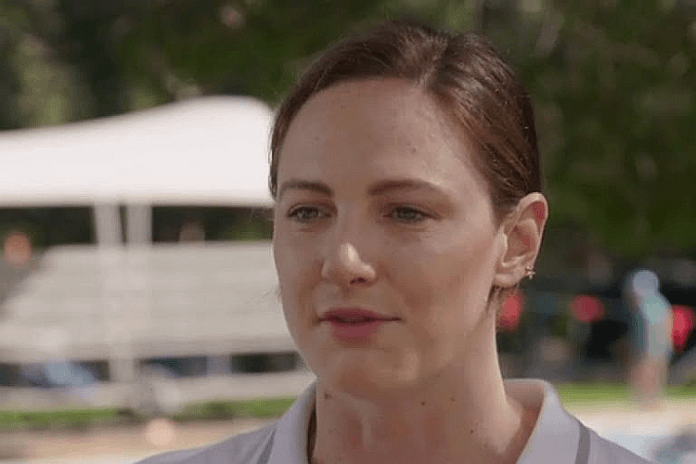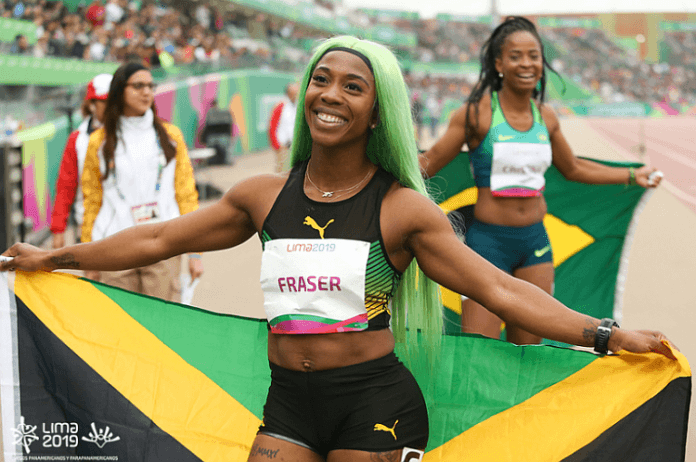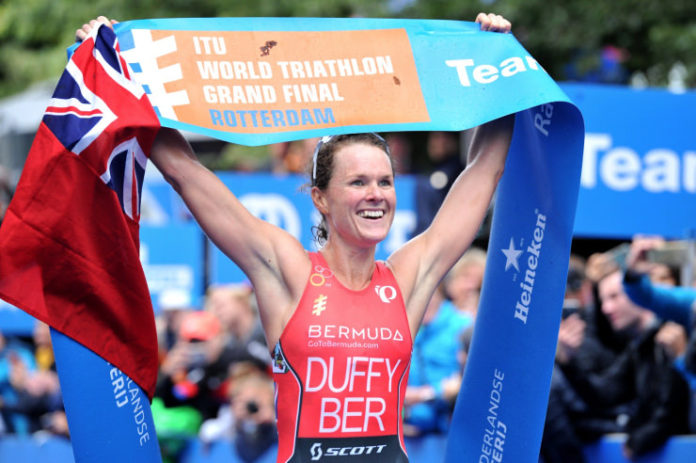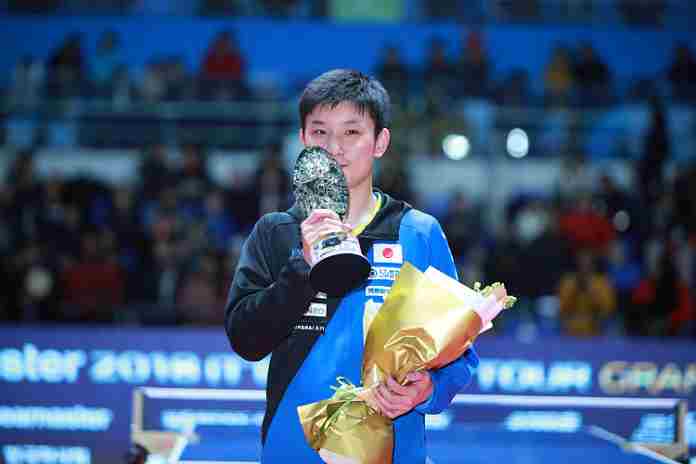It’s still a month until the IAAF World Championships in Qatar, but some of the favorites became clearer at the Meeting de Paris on Saturday, with impressive performances all over. For U.S. fans, there was a lot to smile about:
● Noah Lyles/200 m:
Running in lane six, Lyles has learned to run the curve better and better and made up the stagger on France’s Christian Lemaitre outside him in lane seven and had the lead heading into the straight. But as reigning World Champion Ramil Guliyev (TUR) moved up on Lyles and away from the field, Lyles moved into overdrive and ran away to win in 19.65, his second-fastest race ever.
● Daniel Roberts/110 m hurdles:
The U.S. champion has had a long season, beginning way back in the collegiate indoor season for Kentucky. But he was smooth off the start, running close to fellow-SEC star Grant Holloway of the U.S. in the middle of the race, but kept his form and speed to the end as Holloway faded to win in 13.08. It was a superb win over an excellent field that included Spanish star Orlando Ortega (13.14) and rapidly-improving Freddie Crittenden of the U.S. (13.17 lifetime best). Holloway faded to sixth (13.25) over the last two hurdles.
● Will Claye/Triple Jump:
He has been the best triple jumper in the world this year, and the world leader at 18.14 m (59-6 1/4). He and former Florida teammate (and Olympic and World Champion) Christian Taylor battled for the lead, and in the fifth round, Taylor took the lead at 17,82 m (58-5 3/4), equaling his season’s best. Claye’s response was a thunderous 18.06 m (59-3) mark that wowed the Stade Charlety crowd and is the equal-seventh performance of all time! They’ll be battling in Doha, but this time Claye has to be the favorite.
● Hanna Green/800 m:
How about Hanna Green! Unheralded coming into 2019 with a best of just 2:00.09, she ran a brilliant tactical race to win in Paris in 1:58.39, showing her runner-up finish at the USATF Nationals was no fluke. She was seventh with 250 m to go, then started picking off runners ahead of her. She was fourth into the final straight, but then passed Winnie Nanyondo (UGA: 1:58.83), then Jamaica’s Natoya Goule (1:58.59) and finally a fading Raevyn Rogers (USA) to win in 1:58.39. Rogers ended up sixth in 1:59.50, after looking like a possible winner with 75 m to run.
Those were impressive American highlights, but there was a lot more on an interesting, warm evening in Paris:
● In the men’s 1,500 m, a lot of the attention went to Norway’s Ingebrigtsen brothers – Filip and Jakob – but in the absence of Kenya’s dominant Tim Cheruiyot, Uganda’s Ronald Musagala was strongest down the straightaway and won in the last 5 m in 3:30.58, equaling his lifetime best and national record. The underrated Ayanleh Souleiman (DJI) was just passed at the end and finished in second in 3:30.66; Filip Ingebrigtsen got third in 3:31.33.
● What would Kenyan World Champion Conseslus Kipruto do in the Steeple? At times he looked out of it, but he was in the race with 200 m to go! He ended up watching Morocco’s Soufiane El Bakkali sprint away to a tight win over Benjamin Kigen (KEN) by 8:06.64-8:07.09 with Ethiopia’s Lecmecha Girma, in his first Diamond League race, third in 8:08.63. Kipruto, in his first race back from injury, got fifth in a very good 8:13.75.
● Norway’s world leader Karsten Warholm (47.12) stormed to the front from the gun in the 400 m hurdles and made up the stagger on Commonwealth Games champ Kyron McMaster on the backstraight and never let up. He had a huge lead coming off the eighth hurdle and won in 47.26. As McMaster could not keep pace, France’s Ludvy Vaillant surged over the final hurdle and scored a lifetime best in 48.30. McMaster did get a seasonal best in 48.33. Warholm’s time was his second-fastest of the year; only American Rai Benjamin (47.16) has run faster than Warholm did in Paris on Saturday.
● Tom Walsh of New Zealand moved to no. 3 on the world list for 2019 with an impressive win in the men’s shot put at 22.44 m (73-7 1/2). He had a stupendous series, leading off with that 22.44 m, then throwing 22.10 m (72-6 1/4), 22.21 m (72-10 1/2) and 22.31 m (73-2 1/2) before ending with two fouls. American Joe Kovacs was second at 22.11 m (72-6 1/2), ahead of Pan American Games winner Darlan Romani (BRA: 21.56 m/70-9).
● Jamaica’s Olympic champ Elaine Thompson got a nice start in the women’s 100 m and was ahead of everyone by 40 m … and stayed there. She won by daylight in 10.97, with Marie-Josee Ta Lou (CIV) second, but well back at 11.13. U.S. champ Teahna Daniels was fourth in 11.16; that’s her fastest wind-legal race since the Pre Classic at the end of June.
● Jamaica got another win in the women’s 400 m, as Stephenie-Ann McPherson closed hard to pass Americans Shakima Wimbley, Phyllis Francis and Kendall Ellis in the final 30 m to win in a very slow 51.11. Ellis (51.21), Wimbley (51.50) and Francis (51.56) finished 2-3-4, but with these times, not a good sign for American fortunes at the World Championships.
● The women’s pole vault had the usual suspects, but suddenly Canada’s Alysha Newman is a contender for all honors. She was the only one to clear 4.82 m (15-9 3/4), another national record, and she was celebrating loudly on the way down to the pit! Greece’s Katerina Stefanidi and American Sandi Morris were 2-3, clearing 4.75 m (15-7).
● Venezuela’s Yulimar Rojas won the women’s triple jump as expected (15.05 m/49-4 1/2), with the no. 3 performance in the world in 2019. But American Keturah Orji continued her evolution as a professional, claiming a lifetime best by one centimeter, jumping 14.72 m (48-3 1/2) on her first attempt. It’s the no. 3 performance in U.S. history (only Tori Franklin has jumped further) and she now has seven of the top nine jumps in American history.
And in a non-Diamond League event, American Sam Kendricks cleared 6.00 m (19-8 1/4) once again to win easily. Wow.
The organizers also created a unique event involving decathletes, offering three events which ended up all being won by French world-record holder Kevin Mayer. He started off with s lifetime best in the shot at 17.08 m (56-0 1/2), then won the long jump with 7.50 m (24-7 1/4) and scored another personal best in the hurdles at 13.55. Naturally, he was the overall winner with 2,886 points.
Two Diamond League meets are left, the two finals events in Zurich (29 August) and Brussels (6 September), with significant prize money and possible World Championships places at stake. Summaries from Paris:
IAAF Diamond League/Meeting de Paris
Paris (FRA) ~ 24 August 2019
(Full results here)
Men
100 m (non-Diamond League; wind -0.3 m/s): 1. 11.03 (IRI); 2. Emre Barnes (TUR), 10.19; 3. Gavin Smellie (CAN), 10.25.
200 m (+0.2): 1. Noah Lyles (USA), 19.65; 2. Ramil Guliyev (TUR), 20.01; 3. Aaron Brown (CAN), 20.13.
800 m: 1. Brandon McBride (CAN), 1:43.78; 2. Wesley Vazquez (PUR), 1:43.83; 3. Michael Saruni (KEN), 1:44.41. Also: 5. Clayton Murphy (USA), 1:44.93.
1,500 m: 1. Ronald Musagala (UGA), 3:30.58; 2. Ayanleh Souleiman (DJI), 3:30.66; 3. Filip Ingebrigtsen (NOR), 3:31.06.
3,000 m Steeple: 1. Soufiane El Bakkali (MAR), 8:06.64; 2. Benjamin Kigen (KEN), 8:07.09; 3. Lemecha Girma (ETH), 8:08.63. Also: 7. Stanley Kebenei (USA), 8:14.20; … 12. Andrew Bayer (USA), 8:17.69.
110 m hurdles (+0.8): 1. Daniel Roberts (USA), 13.08; 2. Orlando Ortega (ESP), 13.14; 3. Freddie Crittenden (USA), 13.17. Also: 6. Grant Holloway (USA), 13.25.
400 m hurdles: 1. Karsten Warholm (NOR), 47.26; 2. Ludvy Vaillant (FRA), 48.30; 3. Kyron McMaster (IVB), 48.33. Also: 5. T.J. Holmes (USA), 49.04; 6. David Kendzeira (USA), 49.16.
High Jump: 1. Michael Mason (CAN), 2.28 m (7-5 3/4); 2. Andriy Protsenko (UKR), 2.28 m (7-5 3/4); 3. Ilya Ivanyuk (RUS), 2.28 m (7-5 3/4). Also: 5. Jeron Robinson (USA), 2.26 m (7-5).
Pole Vault (non-Diamond League): 1. Sam Kendricks (USA), 6.00 (19-8 1/4); 2. Augusto Dutra (BRA), 5.80 m (19-0 1/4); 3. Emmanouil Karalis (GRE), 5.70 m (18-8 1/4). Also: 5. Chris Nilsen (USA), 5.60 m (18-4 1/2); … 10. Cole Walsh (USA), 5.45 m (17-10 1/2).
Triple Jump: 1. Will Claye (USA), 18.06 m (59-3); 2. Christian Taylor (USA), 17.82 m (58-5 3/4); 3. Omar Craddock (USA), 17.28 m (56-8 1/2). Also: 10. Chris Benard (USA), 16.62 m (54-6 1/2).
Shot Put: 1. Tom Walsh (NZL), 22.44 m (73-7 1/2); 2. Joe Kovacs (USA), 22.11 m (72-6 1/2); 3. Darlan Romani (BRA), 21.56 m (70-9).
Triathlon: 1. Kevin Mayer (FRA), 2,886; 2. Pieter Braun (NED), 2,629; 3. Kai Kazmirek (GER), 2,606. Also: 4. Devon Williams (USA), 2,606. Event winners: SP: Mayer, 17.08 m (56-0 1/2); LJ: Mayer, 7.50 m (24-7 1/4); 110 mH: Mayer, 13.55.
Women
100 m (-0.2): 1. Elaine Thompson (JAM), 10.97; 2. Marie-Josee Ta Lou (CIV), 11.13; 3. Dafne Schippers (NED), 11.15. Also: 4. Teahna Daniels (USA), 11.16; 5. Aleia Hobbs (USA), 11.16.
100 m (non-Diamond League; 0.0): 1. Jonielle Smith (JAM), 11.31; 2. Diana Vaisman (ISR), 11.44; 3. Orphee Neola (FRA), 11.49.
400 m: 1. Stephenie-Ann McPherson (JAM), 51.11; 2. Kendall Ellis (USA), 51.21; 3. Shakima Wimbley (USA), 51.50. Also: 4. Phyllis Francis (USA), 51.56.
800 m: 1. Hanna Green (USA), 1:59.38; 2. Natoya Goule (JAM), 1:58.59; 3. Winnie Nanyondo (UGA), 1:58.83. Also: 5. Kate Grace (USA), 1:59.33; 6. Raevyn Rogers (USA), 1:59.50.
Pole Vault: 1. Alysha Newman (CAN), 4.82 m (15-9 3/4); 2. Ekaterina Stefanidi (GRE), 4.75 m (15-7); 3. Sandi Morris (USA), 4.75 m (15-7). Also: 6. Katie Nageotte (USA), 4.65 m (15-3).
Triple Jump: 1. Yulimar Rojas (VEN), 15.05 m (49-4 1/2); 2. Liadagmis Povea (CUB), 14.75 m (48-4 3/4); 3. Keturah Orji (USA), 14.72 m (48-3 1/2).
Discus: 1. Denia Caballero (CUB), 66.91m (219-6); 2. Sandra Perkovic (CRO), 65.01 m (213-3); 3. Bin Feng (CHN), 64.60 (211-11). Also: 5. Valarie Allman (USA), 63.69 m (208-11).















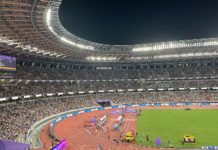



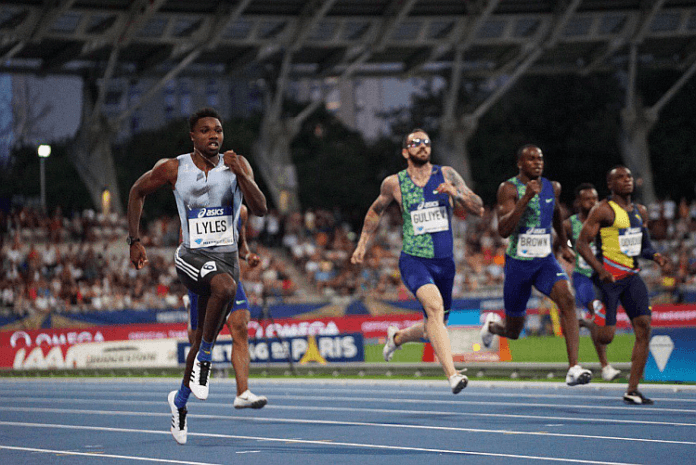
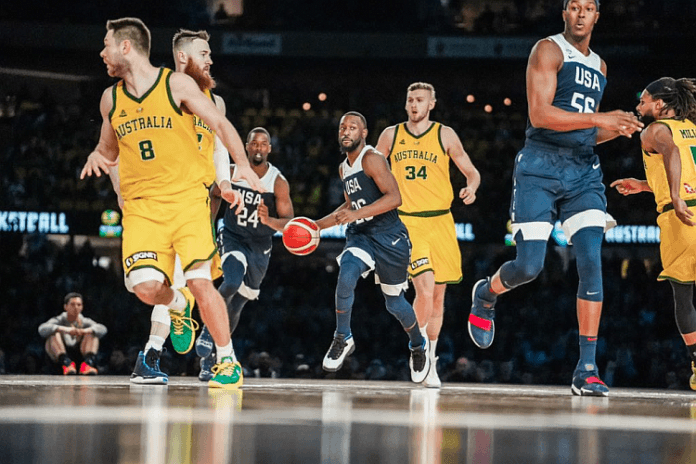
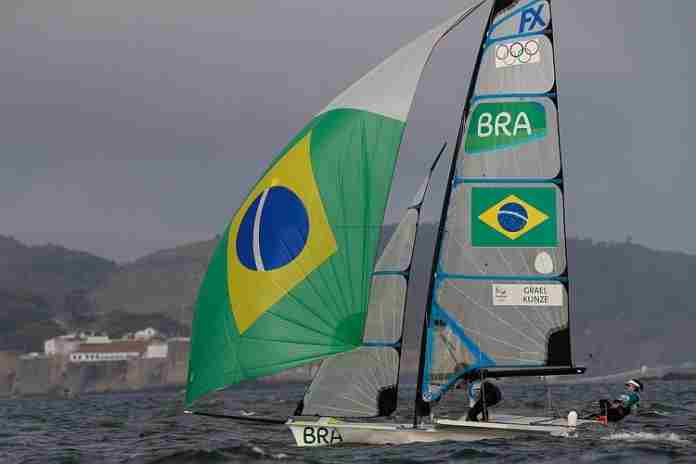
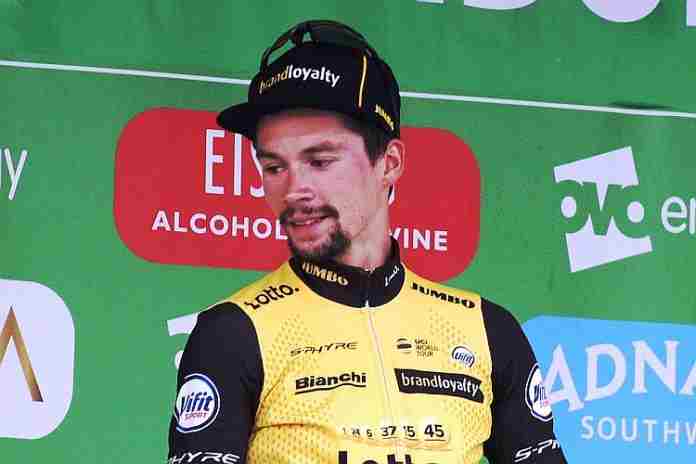
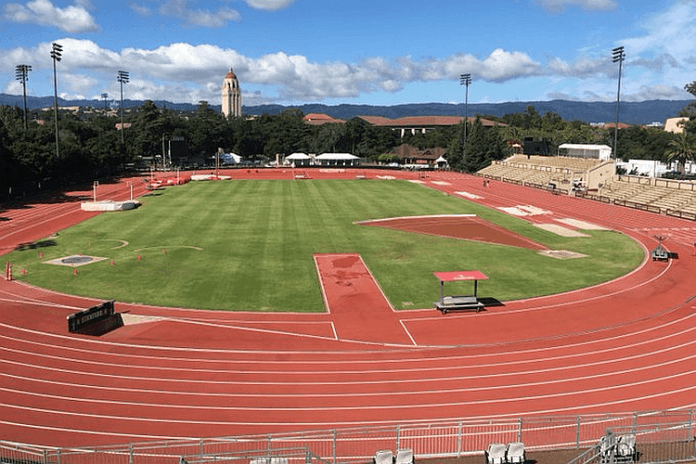
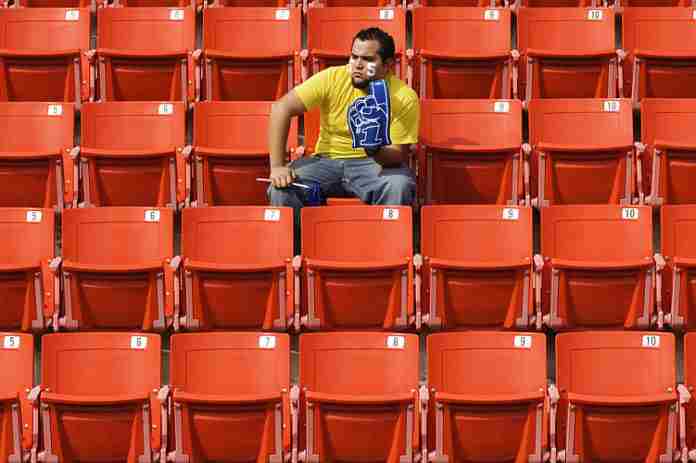
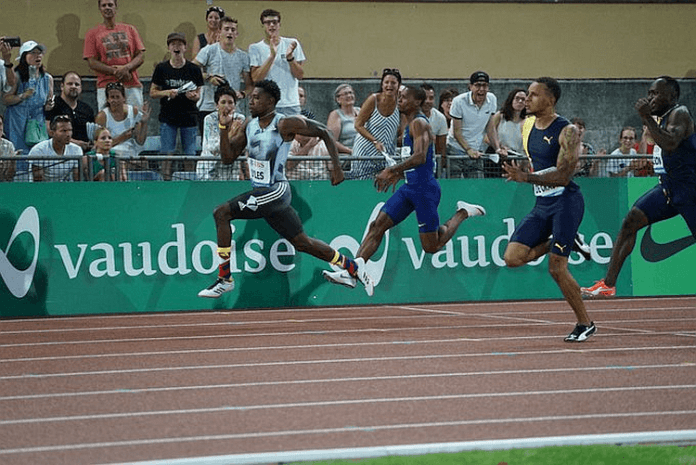
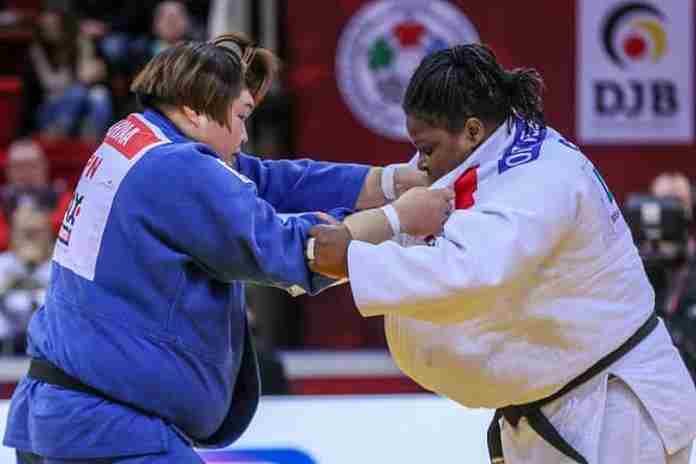
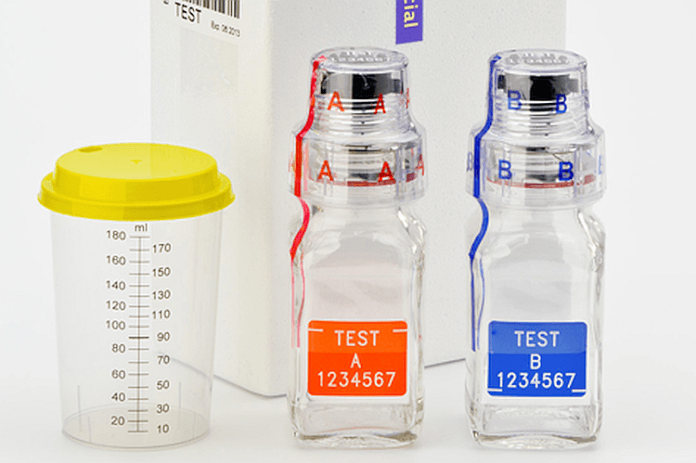
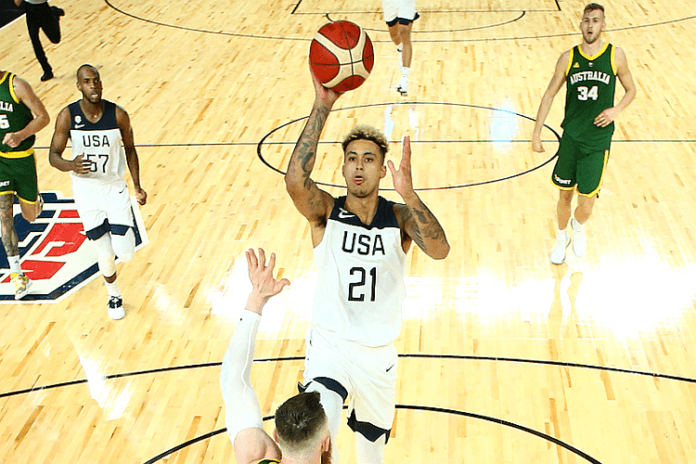
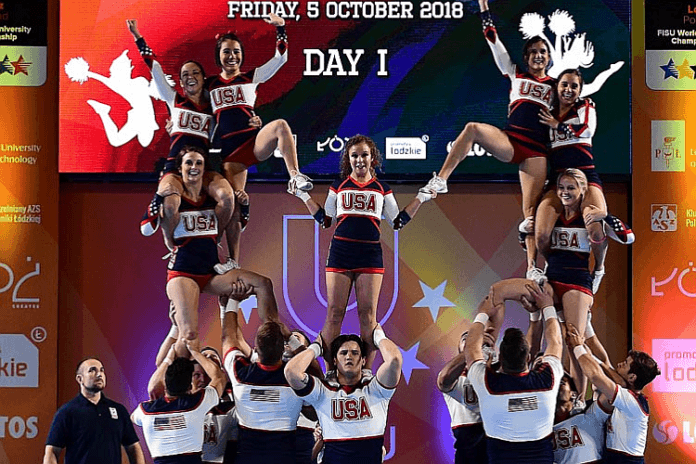
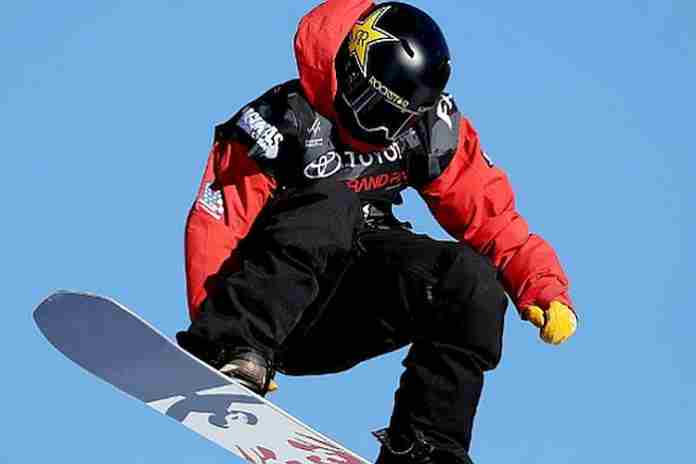
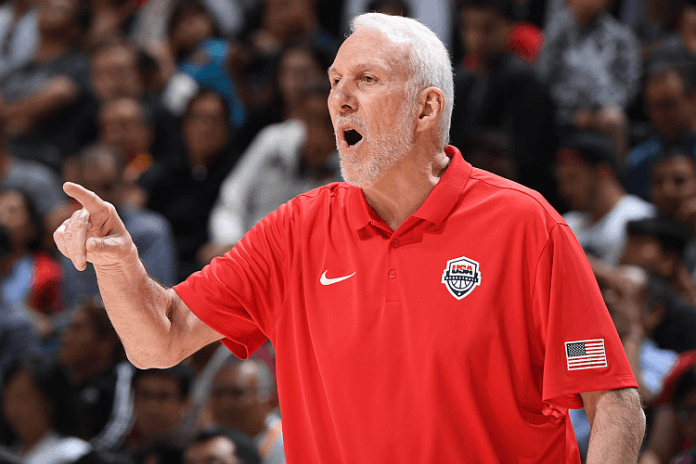
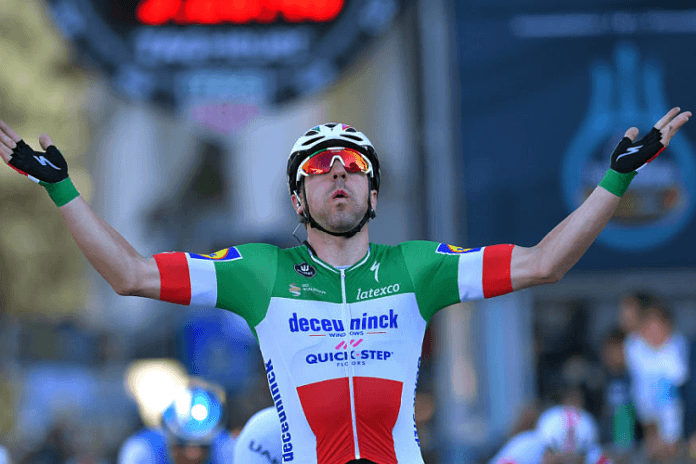
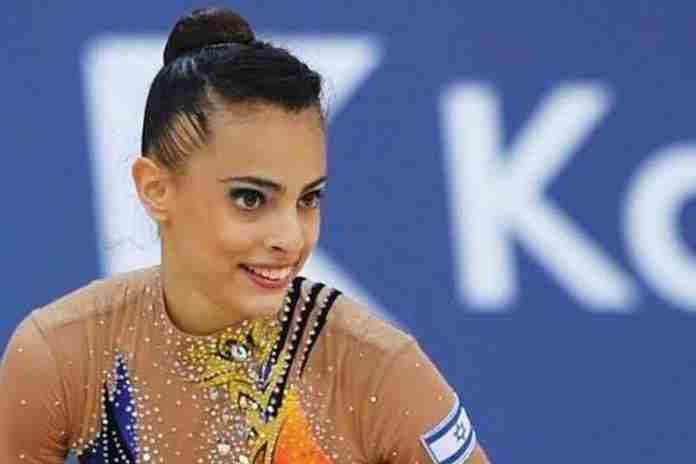
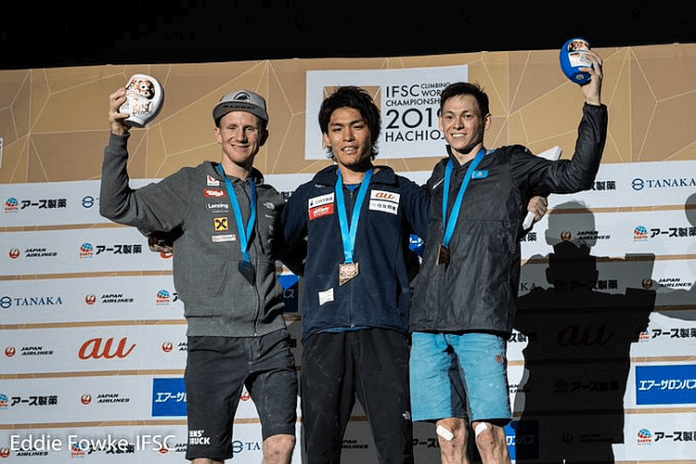
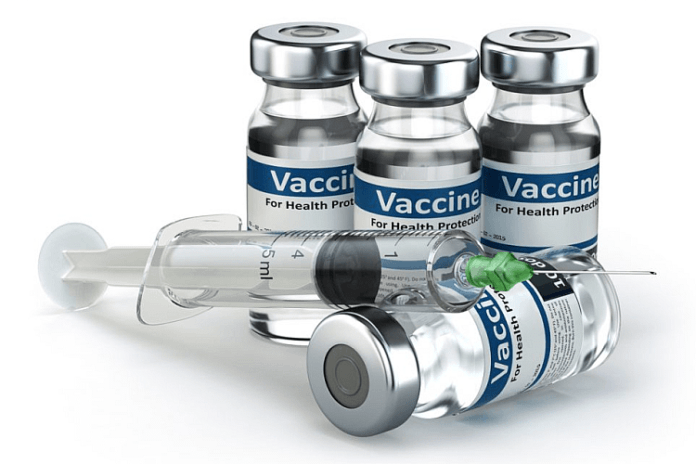
 Over the last 150 years, medical science has created solutions for many diseases which have plagued people for centuries. We often take these miracles of research for granted, but most Americans receive vaccinations against all kinds of threats almost from the day we were born.
Over the last 150 years, medical science has created solutions for many diseases which have plagued people for centuries. We often take these miracles of research for granted, but most Americans receive vaccinations against all kinds of threats almost from the day we were born.